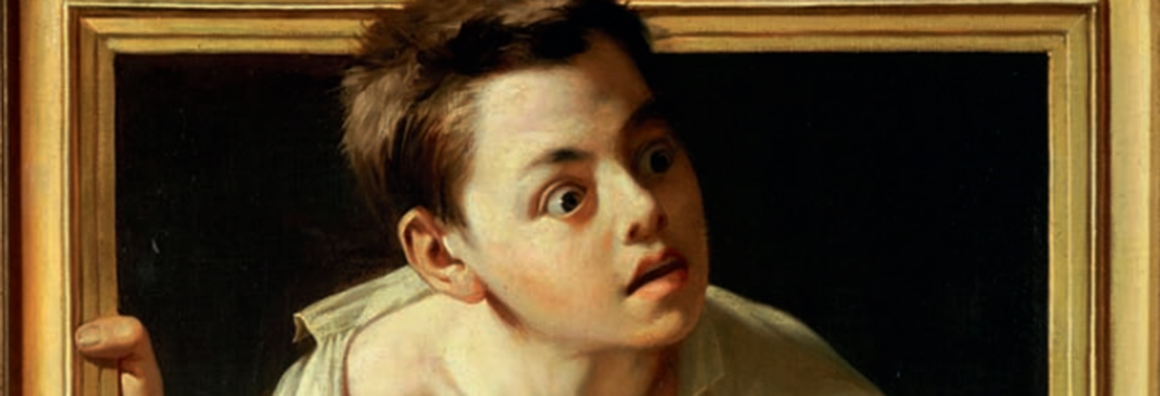Realism revisited
Realism is back. Again. As medial, technological, and political changes radically alter our reality, concepts of realism have again taken center stage in intellectual debates: Philosophers are proposing speculative realism and new realism; politicians are demanding greater realism; social scientists are calling into question the primacy of constructivism; and in literature too, realism is once more en vogue. In light of these developments, the Summer Academy wants to take a fresh look at the long history of theories and debates on realism.
Literature will serve as our point of departure. Ever since Dante’s ingenious mixture of styles rendered the dead characters populating the world of the »Divina Commedia« so intensely real and animated, realism has periodically re-emerged as a problem or program: as figural, poetic, programmatic, bourgeois, socialist, magical, aesthetic, or peripheral realism. Each variant of realism is accompanied by a host of parallel and counter concepts such as nominalism, materialism, idealism, romanticism, naturalism, expressionism, constructivism, or vitality. Each realism raises anew the old question of literature’s and, more generally, art’s relationship to reality. As a way of world-making, realism shapes the reality that it then adopts as the material, content, medium, potential, reference point, authority, telos, or loss of art.
In the wake of the recent inter- and transdisciplinary expansion and enrichment of the humanities, the cardinal problems of realism in the arts have migrated into new areas of intellectual inquiry where they are being discussed under new premises such as the poetics of knowledge, the history of knowledge in literature, new historicism, discursive history, praxeology, and evidence theory, among others. Above all, media studies and visual studies have pursued these long-standing questions with new terminology – often without knowing or wanting to know what they are taking in tow. Hence, it is worthwhile to evaluate not only the current issues but also to revisit past debates, theories, and phenomena surrounding realism and to analyze them in terms of their applicability and relevance within the context of changing disciplinary boundaries and interdisciplinary possibilities in a globalized world.
Program
Public keynote lectures:
- 14.09.2016, 19.30
Moritz Baßler (Münster): Populärer Realismus. Vom International Style gegenwärtigen Erzählens - 15.09.2016, 19.30
Markus Gabriel (Bonn): Was ist und was soll der Neue Realismus?
Illustr. above: Escaping Criticism (1874) von Pere Borrell del Caso, Quelle: Wikipedia
